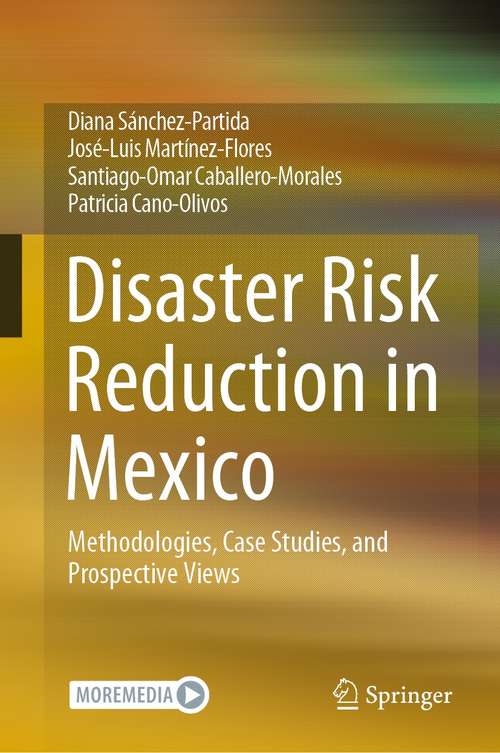Synopsis
This book recognizes Mexico's effects and challenges in a natural disaster and offers empirical risk-reduction methods in critical cases. The proposals considered here include real and detailed analysis, a set of models, frameworks, strategies, and findings in the three stages of the disaster (before–during–after).This book:describes the methodology to find secure locations for the Regional Humanitarian Response Depot;offers recommendations for the sites and creation of an Export Logistics Cluster;shows how to use available technology and information to locate volunteers in the right spotsdescribes mathematical models to help to allocate procedure of resources for restoring the affected communityand proposes actions to create resilience in the country's main economic sectors, including agriculture and industry.The processes applied at recent disasters such as the 19S earthquake and their results are used as case studies, identifying possibilities for further improvement. The book also describes new trends for Mexico due to climate change and makes suggestions for mitigating future disasters. The proposals are also replicable to other highly populated societies with similar socio-economic structures. Finally, this book is the basis for generating more innovative recommendations by researchers, graduate students, academics, professionals, and practitioners to obtain better planning and better collaboration between all the humanitarian chain actors. This book intends to be of interest as a fundamental tool for decision-makers, governments, non-governmental organizations, and enterprises.
